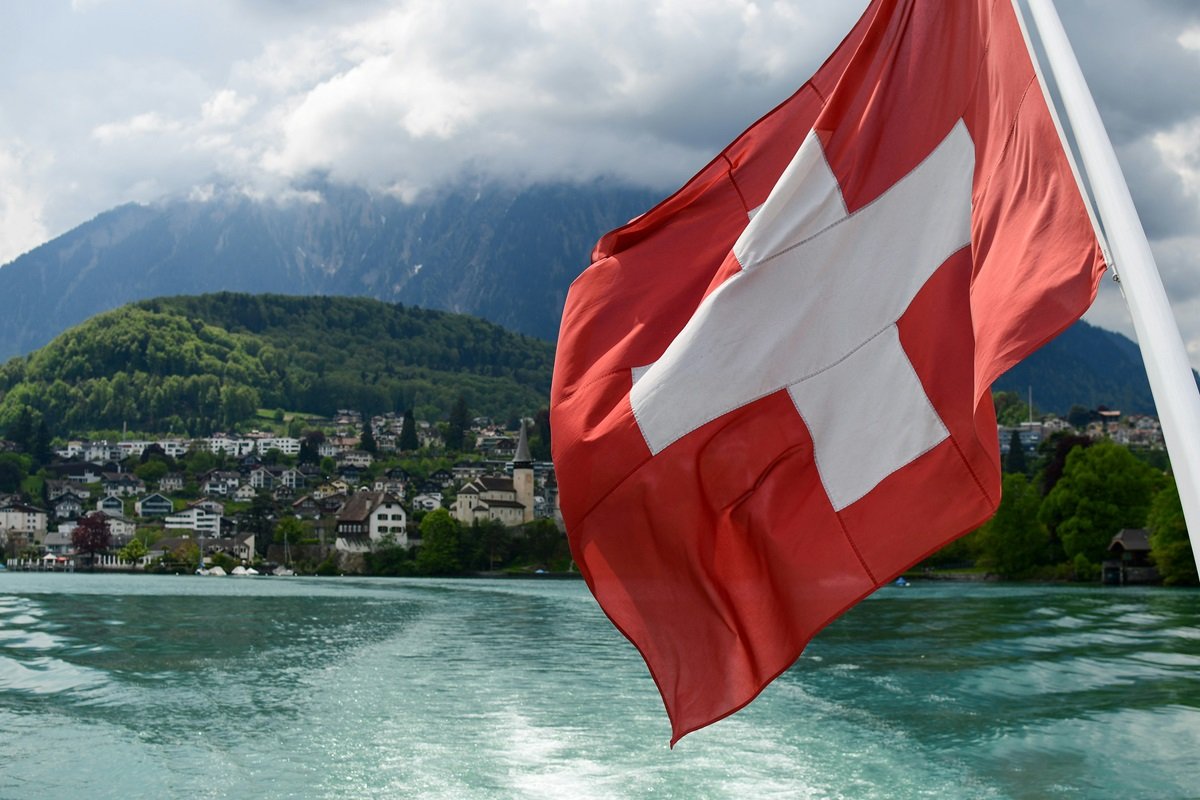It comes as no surprise that Swiss watchmaking today enjoys a worldwide reputation thanks to the centuries-old know-how of the country’s artisans. For many, owning a swiss watch is even synonymous with prestige and quality. But deep down, do you really know what the term ” Swiss Made » ?
In order to enlighten you, Swiss Made Watch Magazine examines all the specificities of the label ” Swiss Made » in watchmaking as well as their impact on Swiss industry and culture. You will see, everything is not as simple as one might initially think!
History and origin of the Swiss Made label
To set the context, a few words first on the beginning of Swiss watchmaking. It was with the arrival of the French Huguenots and their expertise in the matter that 16th century The Swiss watch industry was born.
Over the centuries, Switzerland has become the nerve center of luxury watchmaking, thanks to constant innovations as well as the unrivaled technical mastery of the artisans present on site.
As for the label ” Swiss Made ” that we know, it is at the beginning of the 20th century that it was born. Its goal? To protect the then flourishing national industry against counterfeiting and to guarantee consumers the authenticity and quality of Swiss products.
Like many other labels, the ” Swiss Made » has, since its creation, evolved in order to adapt to technological and economic changes.
Current criteria of the Swiss Made label
Swiss legislation on the label ” Swiss Made ” has been revised in 2017 with a view to strengthening the criteria and better protecting this world-famous appellation. Thus, for a watch to proudly display this label, several conditions must be filled!
First of all, at least 60% of the manufacturing cost of the movement must be generated in Switzerland, this includes the components, assembly and various tests. Then, the movement must be assembled and inspected on Swiss territory, this step is truly crucial since it is this which ensures the precision and quality of the mechanism. Note that the various quality controls must also be carried out in Switzerland, this in order to guarantee that future watches will all meet high performance standards.
Finally, the watch must be assembled and then inspected in Switzerland. This ensures that the entire final product meets Swiss quality criteria.
Different categories of the Swiss Made label
But there are several levels of compliance with the label. Swiss Made“. Fully Swiss watches meet all the criteria set out in the previous point, thus representing the pinnacle of Swiss watchmaking expertise.
For their part, watches assembled abroad which incorporate a Swiss movement bear the mention ” Swiss Movement” This guarantees the presence of a high quality movement.
Finally, watches assembled abroad using Swiss components may bear specific markings such as the “ Swiss Parts » which is there to tell us where the pieces come from.
Economic and cultural impact of Swiss Made
The watch industry is a pillar of the Swiss economy, generating billions of Swiss francs in exports each year and employing thousands of people. The label ” Swiss Made » thus plays a crucial role in maintaining the reputation of excellence of Swiss watchmaking on the global market. When you buy a Swiss men’s watch or a Swiss women’s watch, you contribute to this industry.
On the cultural level, the swiss watches are a symbol of precision, luxury and tradition. They are often passed down from generation to generation, which reinforces their sentimental and heritage value. The label ” Swiss Made » then helps to preserve this heritage by guaranteeing very rigorous quality standards.
Challenges and controversies surrounding the Swiss Made label
But the label ” Swiss Made » is not without controversy! Some industry players believe that the famous threshold of 60% of the manufacturing cost in Switzerland is too low and are calling for even stricter criteria. Others argue that these requirements are already sufficient to guarantee quality while allowing a certain economic flexibility.
Cases of counterfeiting and non-compliance with the criteria have also surfaced, leading to tighter controls and more severe sanctions. In the future, the evolution of the criteria could tend towards an increase in the minimum proportion of production carried out in Switzerland in order to better protect the appellation.
As we have just seen, the label ” Swiss Made » is much more than just a word on the dial of a watch. These 9 letters represent a commitment to the quality, precision and excellence that have characterized Swiss watchmaking for centuries.
By understanding the strict criteria of this label, consumers can make informed choices and fully appreciate the value of Swiss watches.
To go even further, do not hesitate to read our article “Why are Swiss watches so appreciated by customers?”
